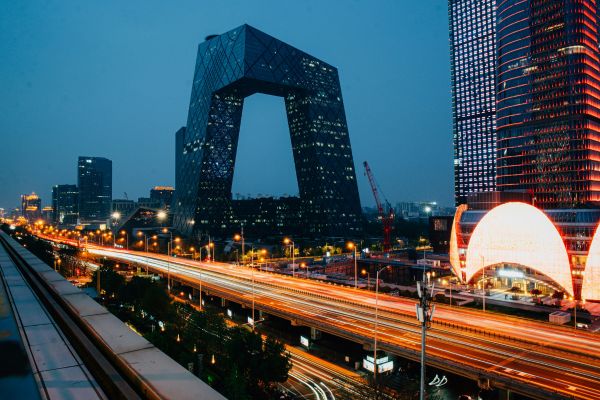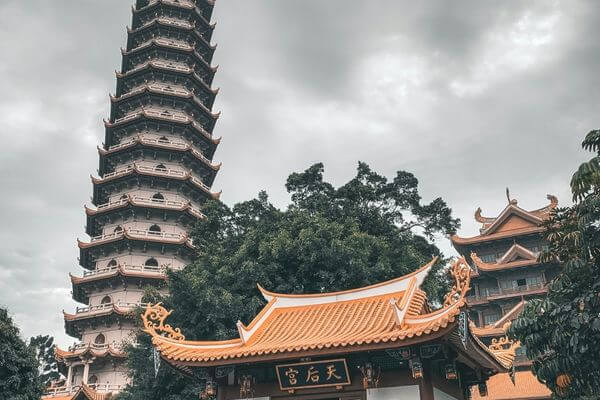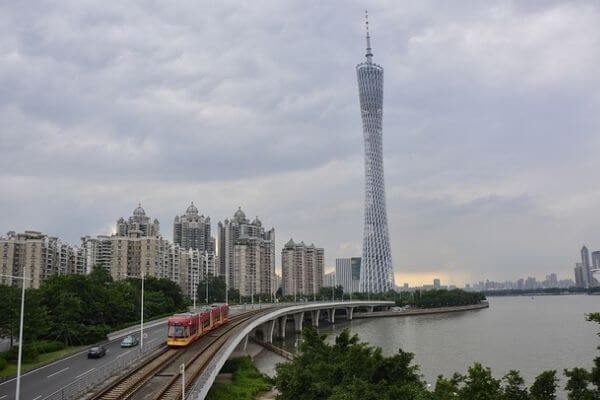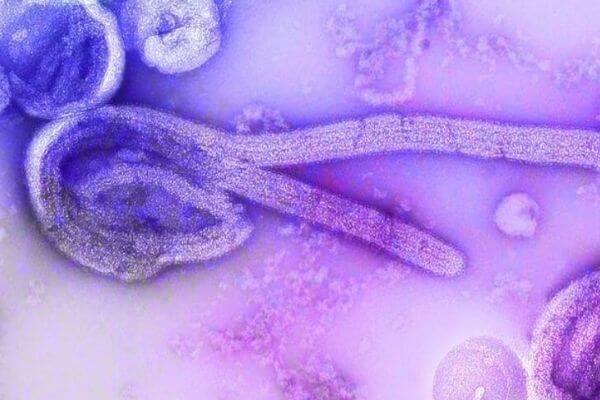
China amended the PRC Anti-Unfair Competition Law (中华人民共和国反不正当竞争法) for the second time in Apr. 2019 to enforce stricter punishment for trade secret infringement.
The PRC Anti-Unfair Competition Law (“AUCL”) was enacted in 1993 and amended twice respectively in 2017 and in 2019.
In the 2019 AUCL, relevant provisions are added to regulate trade secret infringement in a more targeted way and impose stricter sanctions on it.
1. In the 2019 AUCL, the acquisition of trade secrets through cyber invasion by technological means is added as one of the illegal means to obtain trade secrets, which, however, before 2019 AUCL, only included theft, bribery, fraud, coercion, etc. (Article 9)
2. The 2019 AUCL makes it one of the illegal means to obtain trade secrets for one to abet, procure or aid the trade secret holder to provide the trade secret in violation of its confidential obligations. As a result, those who abet, procure or aid the trade secret infringement can be the infringer for trade secrets; by contrast, before the amendment, only the trade secret holder could be the infringer before the 2019 AUCL. (Article 9)
3. The compensation ceilings for the trade secret infringement is increased. If it is difficult to determine the actual losses of the trade secret owners, the court can determine the damages payable by the infringer based on a reasonable multiple of the gains acquired by the infringer arising from the infringement, i.e. 1- 5 times, which was 1-3 times before; if such gains acquired by the infringer are also difficult to determine, the damages can be determined at the discretion of the court within the upper limit of CNY 5 million, which was CNY 3 million before. (Article 17)
4. The upper limit of the fines for trade secret infringement is increased. The government may confiscate the income acquired by the infringer arising from the trade secret infringement and impose a fine of less than CNY 5 million. However, before the 2019 AUCL, the upper limit of the fines was CNY 3 million, the income acquired by the infringer did not need to be confiscated by the government. (Article 21)
5. The alleged infringer has the burden of proving its non-infringement. If the right holder files a lawsuit against the alleged infringer for infringing its trade secret in the court, the right holder only needs to prove that it has taken all measures to keep the trade secret confidential, and the alleged infringer has acquired, used or disclosed its trade secret. However, the infringer shall prove that the alleged trade secret does not constitute a trade secret protected by the PRC Anti-Unfair Competition Law. (Article 32)
Photo by zhang kaiyv (https://unsplash.com/@zhangkaiyv) on Unsplash
Contributors: China Laws Portal Team









